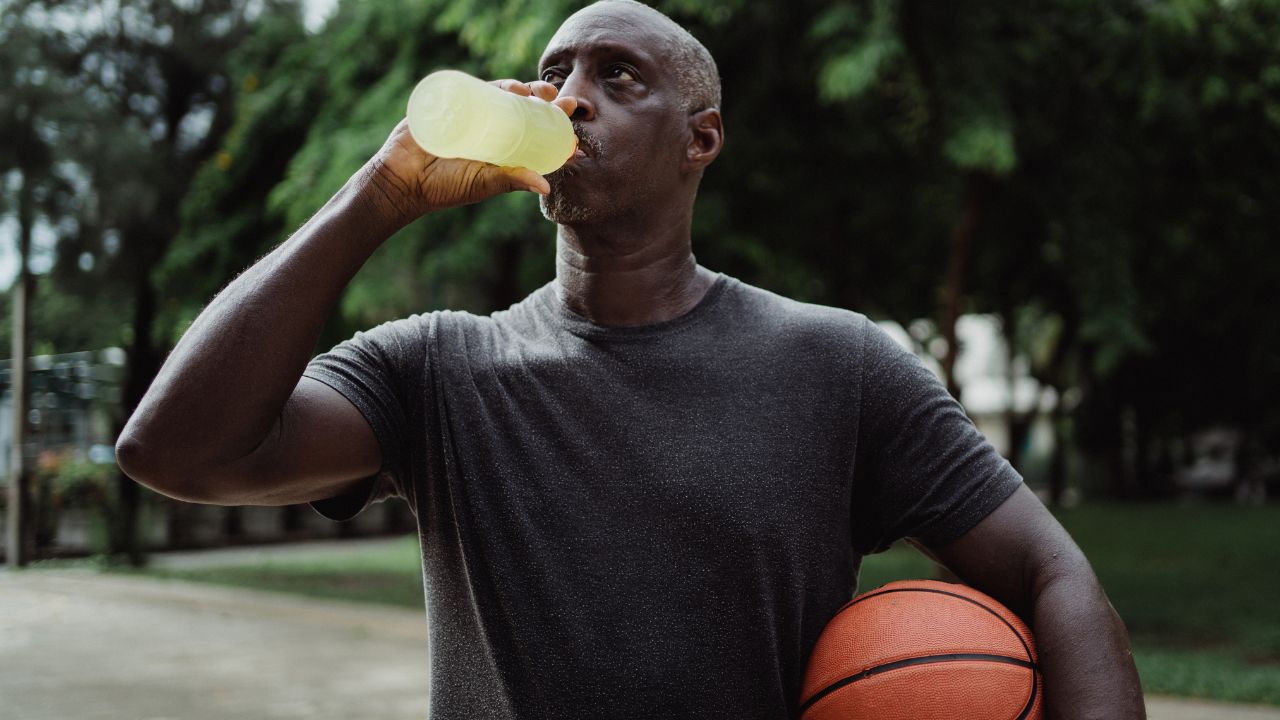
The Importance of Staying Hydrated
Staying properly hydrated is essential for overall health and well-being, but it plays a particularly crucial role in injury prevention. When we engage in physical activities, our bodies lose fluids through sweat, which can lead to dehydration if not adequately replenished. Dehydration can cause a range of issues, from fatigue and muscle cramps to more severe conditions like heat exhaustion and heat stroke. By maintaining proper hydration levels, we can help our bodies function optimally and reduce the risk of injuries.
How Hydration Affects Muscle Function
Adequate fluid intake is vital for maintaining healthy muscle function. When our muscles are well-hydrated, they can contract and relax efficiently, allowing for smooth and coordinated movements. Dehydration, on the other hand, can cause muscles to become tight and prone to cramping, increasing the risk of strains and tears. Staying hydrated helps keep our muscles supple and responsive, reducing the likelihood of injury during physical activity.
The Role of Electrolytes in Hydration
In addition to water, our bodies need a balanced supply of electrolytes to function properly. Electrolytes, such as sodium, potassium, and magnesium, help regulate fluid balance within our cells and are essential for maintaining proper muscle function and nerve impulses. When we sweat, we lose not only water but also electrolytes, which need to be replenished to avoid imbalances that can lead to muscle cramping and other issues. Consuming fluids that contain electrolytes, such as sports drinks or electrolyte-enhanced water, can help maintain proper electrolyte balance and support injury prevention.
Hydration and Joint Health
Proper hydration is also crucial for maintaining healthy joints. Our joints are surrounded by synovial fluid, which acts as a lubricant and shock absorber, reducing friction between the bones and helping to prevent wear and tear. When we are dehydrated, the body may draw fluid from the joints to maintain blood volume, leading to decreased synovial fluid and increased joint stress. Staying well-hydrated helps maintain adequate synovial fluid levels, supporting joint health and reducing the risk of injuries like sprains and strains.
Hydration and Recovery
Hydration plays a key role in the recovery process after physical activity. When we exercise, our muscles experience micro-tears, which need to be repaired for the muscles to grow stronger. Adequate hydration is essential for this repair process, as it helps transport nutrients and oxygen to the damaged tissues and removes waste products. Staying well-hydrated after exercise can help reduce muscle soreness, promote faster recovery, and lower the risk of overuse injuries.
Tips for Staying Hydrated
To maintain proper hydration levels and support injury prevention, consider the following tips:
1. Drink water regularly throughout the day, even when not feeling thirsty.
2. Consume fluids before, during, and after physical activity.
3. Choose water or electrolyte-enhanced beverages over sugary drinks or alcohol.
4. Monitor your urine color; pale yellow urine indicates adequate hydration, while dark urine suggests dehydration.
5. Eat water-rich fruits and vegetables, such as watermelon, cucumbers, and leafy greens.
6. Be mindful of environmental factors, such as heat and humidity, which can increase fluid loss.
By prioritizing hydration as part of a comprehensive injury prevention strategy, we can help our bodies perform at their best and reduce the risk of both acute and chronic injuries. Staying well-hydrated, along with proper nutrition, warm-up routines, and appropriate training, can go a long way in keeping us healthy and active.
 Mobility trainingHome Fitness RecoverySports Injury PreventionPersonal Physical TherapyOrthopedic SolutionsPrivacy PolicyTerms And Conditions
Mobility trainingHome Fitness RecoverySports Injury PreventionPersonal Physical TherapyOrthopedic SolutionsPrivacy PolicyTerms And Conditions
